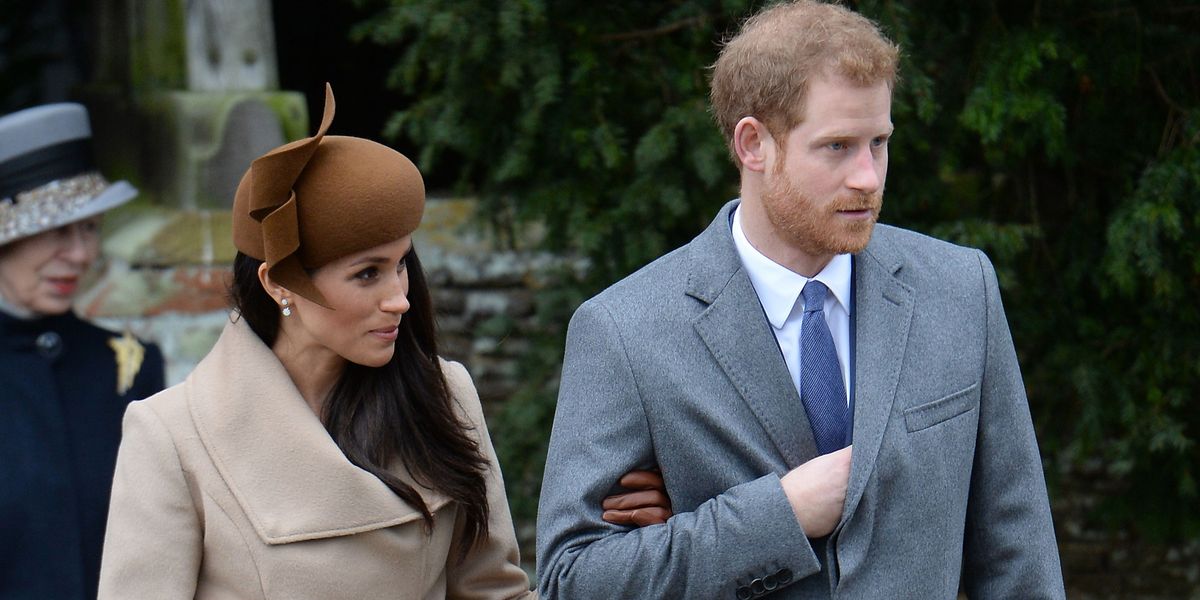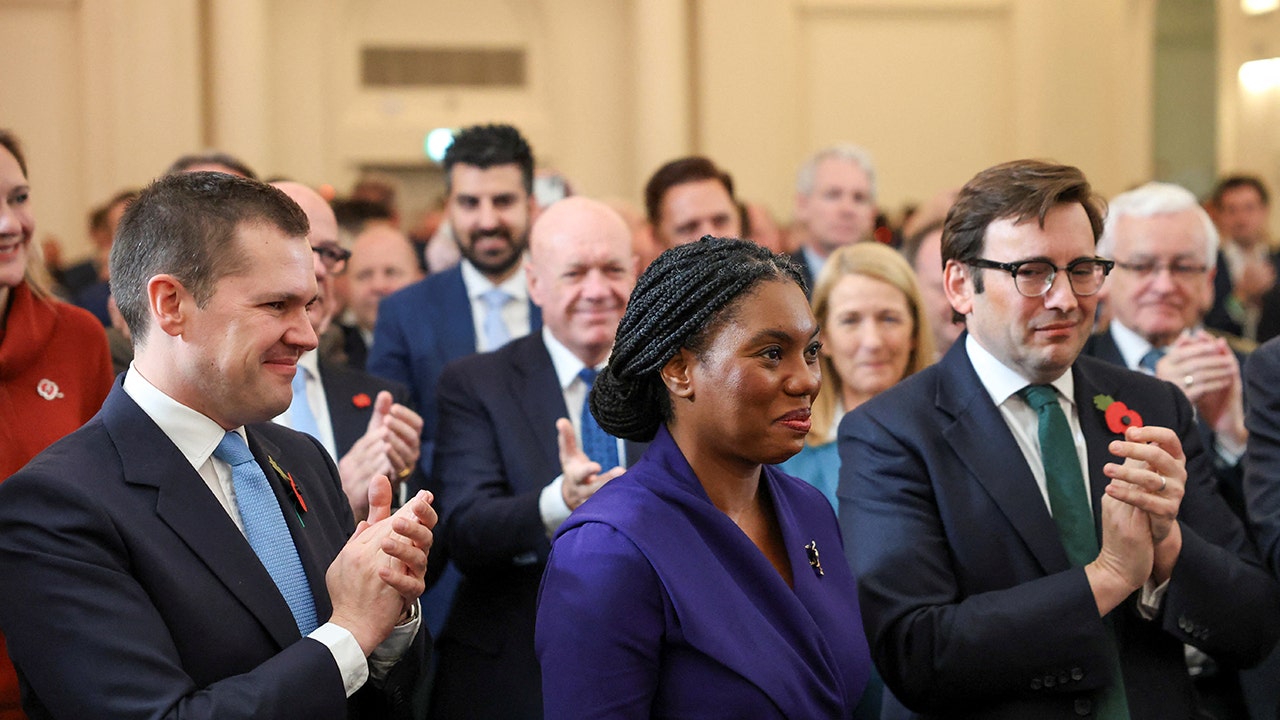With Donald Trump set to return to the White House following his resounding victory in the US presidential election, India feels optimistic about the ties between the two countries that present both opportunities and challenges across various domains.
During his first term, Trump shared warm relations with Indian Prime Minister Narendra Modi, but this time around, the geopolitical landscape appears more complex than before.
It is unclear how the two leaders would tackle issues such as Russia's war in Ukraine, China's growing influence in Asia, immigration and bilateral trade.
Diplomats and foreign policy experts have expressed both optimism and caution, and emphasized that ties between the two countries should not be taken for granted given Trump's unpredictable leadership style.
Modi-Trump bond
Soon after Trump was projected winner in US elections, Modi felicitated the Republican Party candidate, describing him as "my friend."
"As you build on the successes of your previous term, I look forward to renewing our collaboration to further strengthening the India-US Comprehensive Global and Strategic Partnership. Together, let's work for the betterment of our people and to promote global peace, stability, and prosperity," the Indian premier posted on social media platform X.
Modi and Trump are both known for preferring their "personal relation" with world leaders over other matters.
In September 2019, they showcased their camaraderie by holding the "Howdy Modi" event in Houston, where Trump addressed some 50,000 Indian Americans, marking a significant moment in US-India relations.
This was followed by the "Namaste Trump" event in February 2020 in India's Gujarat state, where Trump vowed to solidify US-India ties.
The Republican politician even praised Modi during the 2024 election campaign, calling him "the nicest human being" and a "friend" in a podcast.
"Our (India's) relationship with the US will only grow, regardless of the election outcome," India's Foreign Minister Subrahmanyam Jaishankar said earlier this week.
Speaking on the sidelines of the India-Australia Foreign Ministers' Framework Dialogue in Canberra, Jaishankar pointed out that the India-US ties have not only survived but thrived through five different presidencies.
Countering China's influence
Jaishankar's confidence in maintaining close relations with Washington stems from the two countries' shared objective: containing China in the Indo-Pacific region.
How Harris and Trump would run trade with China
During Modi's visit to the US in June last year, India and the US signed new defense deals, which allowed New Delhi to buy military equipment and new defense technologies worth $20 billion (€18.3 billion).
Over the years, China has been central to the US engagement with India.
"Trump is likely to deepen geopolitical engagement with India and the QUAD (a grouping of nations comprising the United States, India, Japan and Australia), while intensifying contestation with China," Ajay Bisaria, a former Indian diplomat, told DW.
"As a result, New Delhi may attract more global supply chains and private investment. The defense and technology partnership are likely to get a boost," he added.
"Under Trump, the US may also become more sympathetic to Indian concerns in South Asia. If Trump managed to end the conflicts in Ukraine and Gaza, it would benefit India. He may even want to involve India in the effort," Bisaria said.
Trade ties and immigration
While security ties between New Delhi and Washington are likely to remain stable, the same cannot be predicted about their trade relations in Trump's second term.
C Raja Mohan, a foreign policy expert, believes Trump's "America first" policy could lead to increased tariffs on Indian exports that would particularly affect the IT, pharmaceutical and textile sectors.
"Trump previously labeled India a 'tariff king' and indicated intentions to implement a reciprocal tax system if he got re-elected, which would further complicate trade dynamics between the two nations," Mohan, who is also a visiting professor at Singapore's Institute of South Asian Studies, told DW.
"The second Trump presidency underscores a complex setting for India marked by weighty risks in trade and immigration," he added.
Trump's big plans for second term in office
Meera Shankar, a former Indian envoy to the US, told DW that the broad strategic trajectory of India-US relations can be expected to continue under Trump without major deviations, but Trump's overall foreign policy could be more isolationist and protectionist.
"Several trade issues between India and the US had surfaced during his first term and there could be renewed trade friction, which India will have to deal with pragmatically, given that the US is our largest export market in goods and services," Shankar underlined.
With the annual bilateral trade surpassing $190 billion (€176 billion), the US is India's largest trade partner.
It is feared that Trump could levy hefty taxes on Indian exports, which might take a toll on India's domestic businesses.
Mohan Kumar, another former Indian ambassador, said New Delhi will have to "understand and manage Trump" on trade issues.
"Trump can make the most consequential partnership in the world even more consequential. This is particularly true in fields of defense, and even immigration, where India is concerned about the issue of legal immigration," Kumar told DW.
Would India have preferred Harris?
Former envoy Shankar believes that the Democratic Party candidate Kamla Harris, who is partly of Indian origin, would have made history had she won the November 5 election.
"But we recognize that she is an American first. The American people have delivered a decisive verdict, which we accept," she said.
Kumar said there is not too much disappointment in India about Harris' defeat: "Many in New Delhi were secretly hoping that Trump would win because there would be less US hectoring about democracy and human rights and because of greater strategic convergence with Trump," he said.
Edited by: Shamil Shams

 By Deutsche Welle (World News) | Created at 2024-11-07 12:46:21 | Updated at 2024-11-07 14:48:50
2 hours ago
By Deutsche Welle (World News) | Created at 2024-11-07 12:46:21 | Updated at 2024-11-07 14:48:50
2 hours ago








